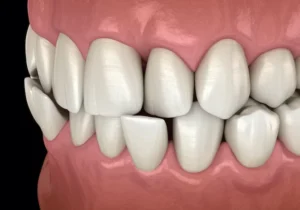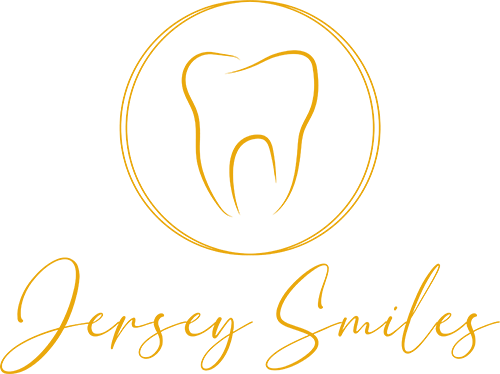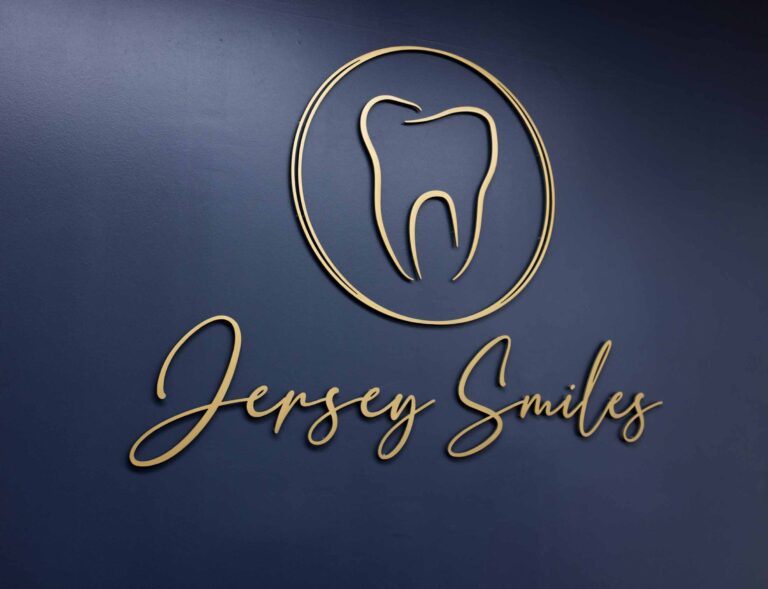Crossbite Correction
A crossbite happens when your lower teeth cover one or more of your upper teeth when you bite. This irregular and intermittent contact of your upper and lower teeth can happen in several places in the mouth and cause a variety of health problems.
Crossbite Correction in Tinton Falls, NJ
A crossbite is common among young people and adults and can cause issues such as headaches, jaw pain, and tooth decay, and other health and jaw development problems if it’s not corrected.
Crossbites are a form of malocclusion, which is an irregular or rough contact between the upper and lower teeth. When the upper and lower teeth align, chewing, and biting are easier. If they are misaligned it can lead to worn enamel, cracked and broken teeth, jaw misalignment, and a variety of other symptoms.

How Are Crossbites Treated?
In most instances, crossbite correction involves orthodontics, including options like braces. Braces are usually used in childhood or early adolescence when the jaws are still developing and growing. However, it is never too late to seek treatment. Orthodontists can treat both children and adults. Treatment is often in phases and sometimes requires extraction of the baby teeth or even permanent teeth. In rare cases, surgery may be necessary, especially in severe instances. A maxillofacial surgeon does this orthognathic procedure to shorten the lower jaw to allow proper teeth alignment.
Proper care of the teeth and mouth, like brushing and flossing, is critical for the best results throughout any treatment. Braces can create significant challenges in keeping teeth clean and healthy. Your dental hygienist will recommend techniques to help fight decay.
When patients are young, orthodontists can adjust the shape and alignment of jaws and teeth more easily. Braces or dental restorations can still be effective for correcting mild misalignment, even for older patients. However, if the crossbite is severe, the patient may need jaw surgery.
Your age, the cause, and the type of crossbite will impact which treatment your dentist or orthodontist recommends. There are six possible treatment options:
1. Braces. Braces straighten the upper and lower teeth to align the bite in the correct position. Children and adults can benefit from braces.
2. Palatal Expanders. If a small upper jaw not fitting well with the lower jaw is causing the crossbite, orthodontists can increase the size of the upper jaw with palatal expanders. Fixed expanders gradually widen the jaw using a tool. Removable expanders are worn at night.
3. Headgear. The headgear attaches to your head and face and puts gentle pressure on the teeth with wires. The force on the teeth and jaw can increase or slow the jaw’s growth. Headgear is typically prescribed for children and teenagers because their jaws are still growing and easier to adjust.
4. Tooth Removal. The orthodontist may recommend removing teeth to create more room to move the lower teeth back before fitting braces.
5. Dental Restorations. Bonding, capping, and reshaping teeth can also improve mild misalignment.
6. Surgery. Adults’ jaws are typically more challenging to adjust with non-invasive treatments, so your dentist or orthodontist may refer you for corrective surgery.
-
What causes a crossbite?
There are several causes of malocclusion, including:
– A mismatch between the jaw size and the size of teeth
– Thumb-sucking or tongue-thrusting habit
– Premature loss or missing teeth
More Questions?
If you have more questions about crossbite correction, please contact our office and we will be happy to discuss further.
See All Dental Services Contact Jersey Smiles Request An Appointment

